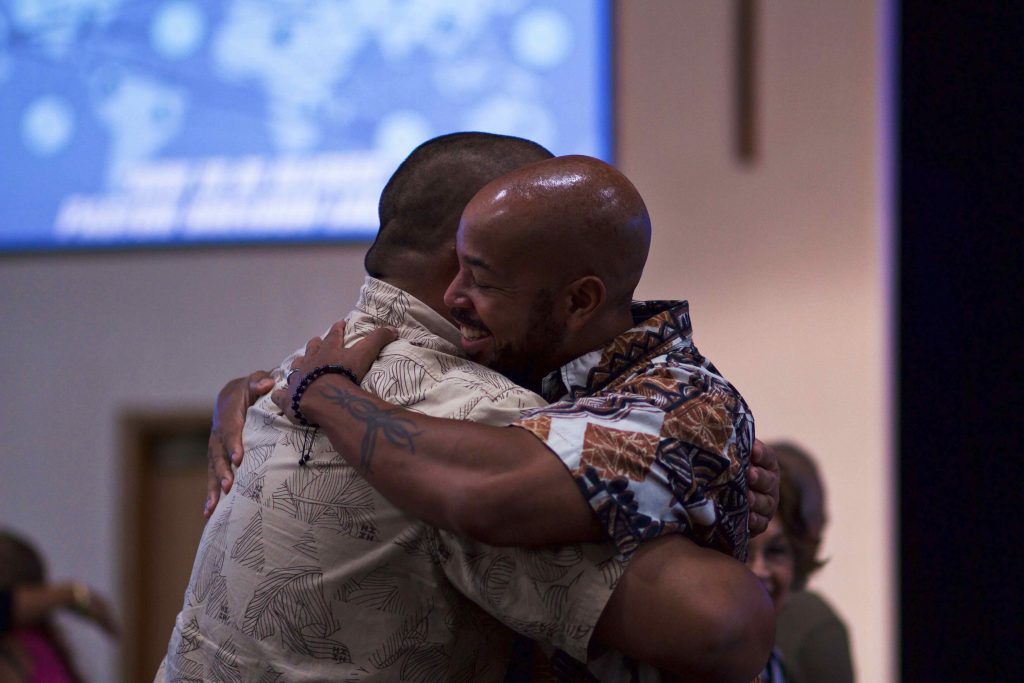
Jesus knew the Pharisees and teachers of the law had not been teaching accurately from God’s Word, so as He teaches from the Sermon Mount, He expounds on a better and fuller understanding. It comes across as dramatically different from what the people had been historically told, “You have heard that it was said, ‘Love your neighbor and hate your enemy.’ But I tell you: Love your enemies and pray for those who persecute you, that you may be sons of your Father in heaven. He causes his sun to rise on the evil and the good, and sends rain on the righteous and the unrighteous.”
Before Israel entered the promised land, Moses had successfully communicated God’s Word, “Do not seek revenge or bear a grudge against one of your people, but love your neighbor as yourself. I am the Lord.” Hearing this command, the worldly and ungodly among those who hold grudges immediately consider who is exempt from the command. They want to know who they can seek revenge against, and who they might be allowed to bear a grudge against. Instead of a wide understanding of the command to love our neighbors (for who is our neighbor but all people made in His image?), the fallen human mind looks to the reverse – license to hate, and a minimal expression of love.
Matthew Henry put it well, “by neighbour they understood those only of their own country, nation, and religion; and those only that they were pleased to look upon as their friends: yet this was not the worst; from this command, Thou shalt love thy neighbour, they were willing to infer what God never designed; Thou shalt hate thine enemy; and they looked upon whom they pleased as their enemies, thus making void the great command of God by their traditions, though there were express laws to the contrary… See how willing corrupt passions are to fetch countenance from the word of God, and to take occasion by the commandment to justify themselves.”
Matthew Henry got the point. God had never indicated He wanted His people to hate any fellow human being. Instead, He had said, “If you come across your enemy’s ox or donkey wandering off, be sure to take it back to him. If you see the donkey of someone who hates you fallen down under its load, do not leave it there; be sure you help him with it.” Indeed, both Edomite and Egyptian were sworn enemies of Israel, but God had said, “Do not abhor an Edomite, for he is your brother. Do not abhor an Egyptian, because you lived as an alien in his country.” With such explicit commands, how is it that we could think it appropriate to hate anyone?
God made each of us in His image, and it is given to us to act in His image. To act according to His Name. We must love one another (Jn 13:34-35, Rom 13:8, 1Pet 1:22), and we must grasp that “one another” includes all those made in His image. That isn’t just so that we might merely act like He whose image we bear. It is that we might be like Him. For that is the greater blessing, and Christ would have all of His followers so blessed.
Amen.
The benefactor loves him whom he has benefited more than he who has been benefited loves the benefactor. The workman loves his own work more than the work loves the workman. All men feel greater love for what they have acquired with labor; as those who have earned their money love it more than those who have inherited it.
Aristotle
APPLICATION: Intentionality
Our reaction to our enemies is indicative of our love for God and our desire to become more like Him. What is in your soul? Is it hate toward sinners, or God’s deep love for them to escape their sin?









